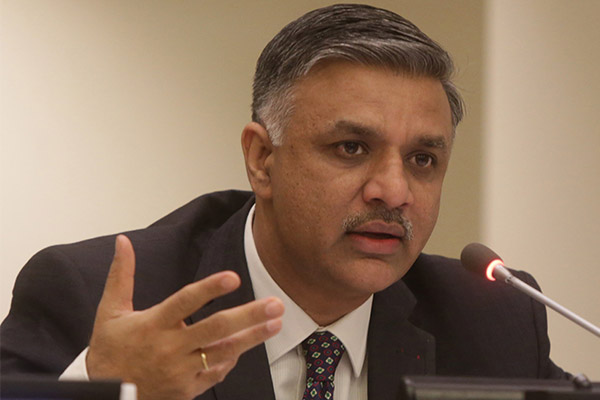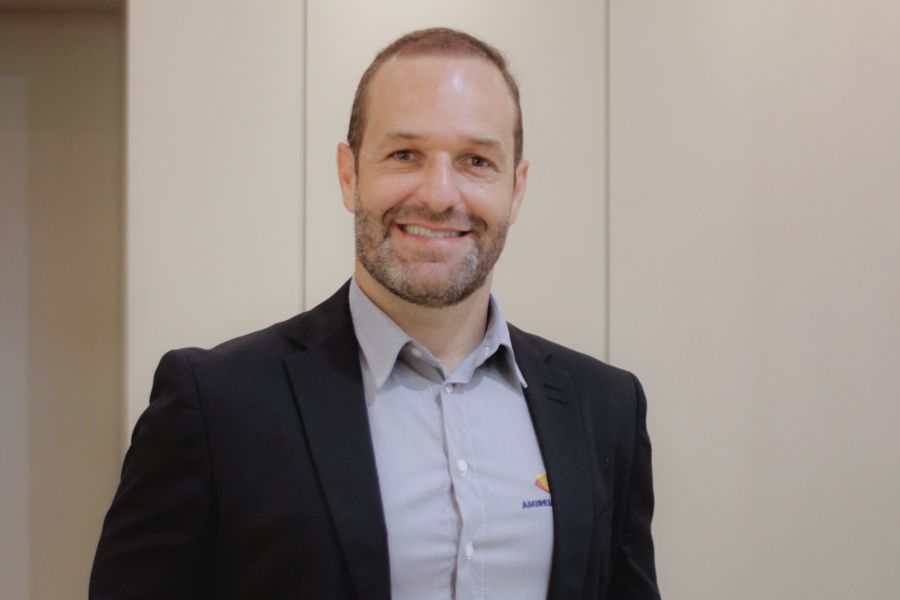“India needs more preparedness”
Prof Sachin Chaturvedi, Director General at the Research and Information System for Developing Countries (RIS), feels that India needs to carefully reassess its approach to RTAs as well as the specific fears of domestic industry.

Ques: How do you view the recent development on RCEP, where 15 countries have concluded negotiations on all the 20 chapters? How does India’s opting out affect the larger objectives of the RCEP?
Prof Sachin Chaturvedi: It was not easy for the government and for the Prime Minister, in particular, to keep away from the joining of RCEP. It was an extremely difficult moment. It was courageous on the part of the PM to come out of it. As a nation, we should acknowledge this move, realizing that more preparedness would be required for global competitiveness. Explicitly, it was not an easy decision.
India’s withdrawal from RCEP does not bring down the quality of the agreement, given that all other members except India were in some sense committed to regional FTAs with each other and additional commitments as part of the RCEP deal would be readily absorbed. India also has bilateral agreements with ASEAN, Singapore, Japan and South Korea. India has not signed any trade agreement with China, Australia and New Zealand so far. Also, India’s review of its trade agreements in the region and working closely with the partners should enable it to leverage the commitments it seeks from the RCEP members.
Ques: India has not signed on the RCEP due to certain concerns like rising imports from China, protection of domestic industry and mobility for services professionals. Are these concerns addressable? If so, what is the possible roadmap for satisfactory redressal of these concerns in your opinion?
Prof Sachin Chaturvedi: Systemic course correction is required. There were 28 rounds and two heads of state level summits. Our preparedness through resolving the issues with the sectoral agencies should have been up to the mark and full proof. A main area of concern for competitiveness of Indian products is post-production costs. We should also asses our ability to meet our infrastructure deficit.
Ques: Given India’s unique economic trajectory and business ecosystem, what is your view on how the RCEP would benefit India, despite these concerns?
Prof Sachin Chaturvedi: There are two to three tracks to remain engaged with RCEP member countries. The first and foremost is to engage them bilaterally. Much more diplomatic efforts are required to remain engaged with the process of RCEP itself for arriving at a solution in the near future. In no circumstances, India should give out any impression that we are withdrawing from one of the most dynamic regions of the world.
Ques: What is the blueprint for India in global trade agreements if it indeed stays out of RCEP? Should India negotiate its trade issues bilaterally now like US?
Prof Sachin Chaturvedi: India should revisit its policy of free trade agreement. The trade quantum has gone up; imports and exports have also gone up in the case of all the FTAs that India has signed in the past. FTAs are a good instrument for enhanced connect with other economies. They have also enhanced effectiveness and efficiency. India should review its FTA policies. However, having faced difficulties in leveraging the RCEP, it is natural that India needs more preparedness and assessment of its sectoral competitiveness and gains when it comes to negotiating FTAs with advanced country markets.
Ques: As it has moved out of RCEP, which key trade agreements should India pursue aggressively in the current context for enhancing its external trade, and why?
Prof Sachin Chaturvedi: It is not true that India has moved out of the RCEP and is only buying time. India is not looking at disengaging from the RCEP as a region. Equally important is to see how Indian institutions have fallen in line with global commitments that have geostrategic and geopolitical implications. Production and post-production competitiveness of Indian products has to be boosted to promote exports, which remain critical to maintain a favourable balance of payment situation and creating jobs.
Ques: There is a general consensus that the window is fast closing for Indian industry to boost its competitiveness if it stays out of any major trading blocs? What is your view on this and how can this be addressed?
Prof Sachin Chaturvedi: Within the country, open dialogue consultation should be held with the sectoral interlocutors such as, dairy industry, automobile components, IT industry, agriculture commodities, etc. We should draw out clear lessons out of the consultations and understand the precise scope and contours of their fears. We also need to identify ways and means to come out of that.
Prof. Sachin Chaturvedi is Director General, Research and Information System for Developing Countries (RIS), a New Delhi-based policy research institute, supported by the Government of India. He was Global Justice Fellow at the MacMillan Center for International Affairs at Yale University. He has done his Ph.D. in Economics. He works on issues related to development economics, involving development finance. He is also on the board of the Reserve Bank of India. Prof Chaturvedi has authored/edited 10 books, apart from contributing chapters in edited volumes and publishing several research articles in various prestigious journals.













Leave a comment